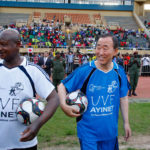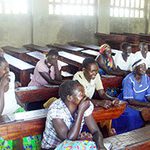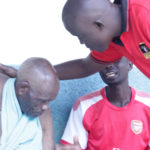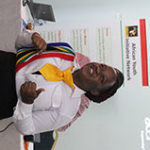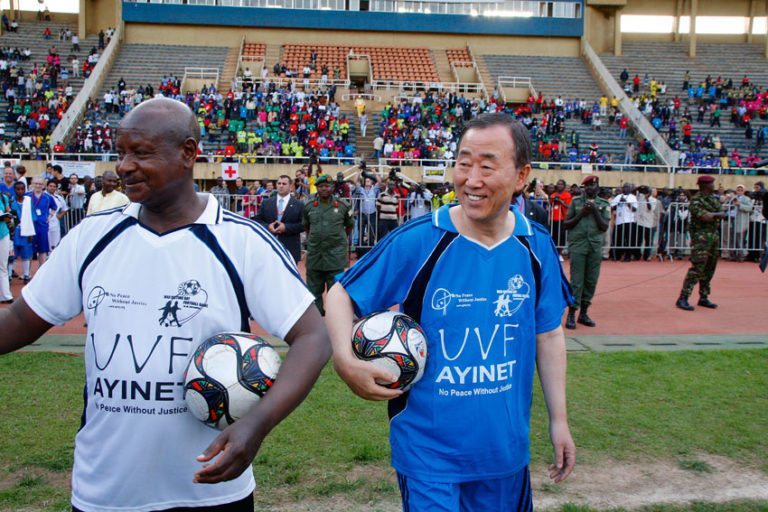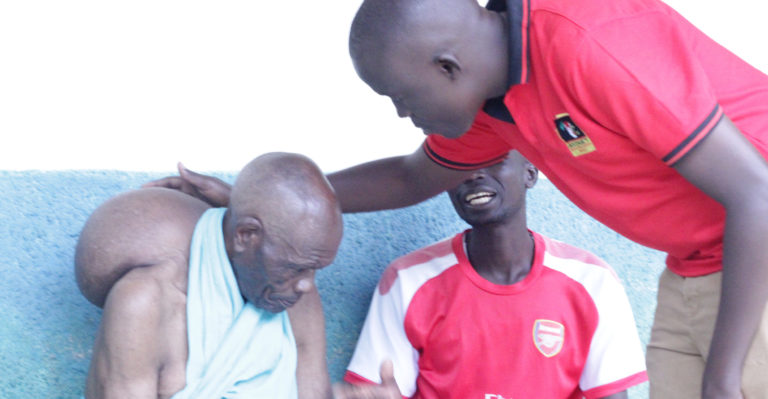Sexual Reproductive Health (STIs, HIV, & AIDS and Fistula)
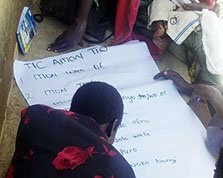
Background: Although there was a huge drop in sexually transmitted infections (STIs), HIV and AIDS in Uganda throughout the 1990s, they are still problems that require attention. In 2010, an estimated 1.2 million people were living with HIV, of which 150,000 were children[i]. Additionally, many women suffer from obstetric fistulas due to childbirth complications or fistulas from sexual abuses.
Objective: AYINET aims to educate youth in order to prevent sexual and reproductive health problems.
It also aims to provide treatment to people suffering from such problems.
Strategy
Peer Education
Peer education was tailored to youth, children, orphans, and young mothers in addition to children from child-headed families. AYINET knows educating children and youth is necessary for reducing their risk of contracting STIs. Additionally, AYINET increases their access to HIV/AIDS care and treatments for those who need it. Another area of concern is gender-based violence. Through holistic community dialogues, AYINET addresses the economic, health, cultural, security, and protection causes that bring about HIV/AIDS challenges




